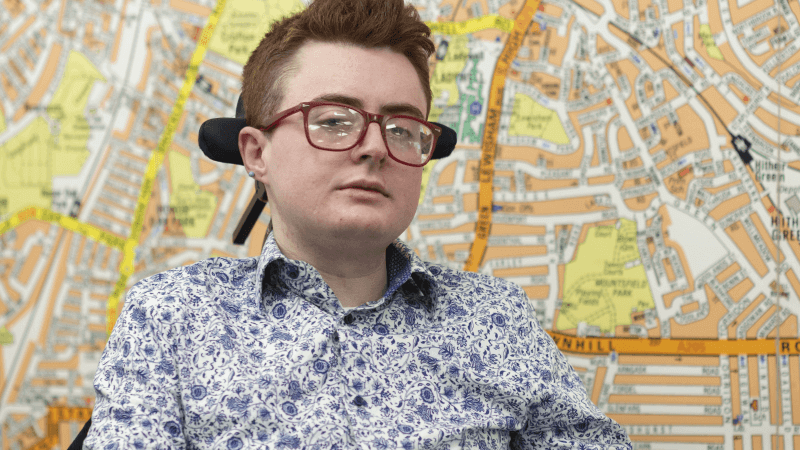
Labour has traditionally led the way in challenging ableism. More recently, this has meant standing up to central government’s austerity-driven regime of benefit-slashing. Even amidst this climate, there is more that Labour councils could be doing to minimise the impact of austerity on local residents.
This is why one of the key commitments made by the mayor of Lewisham, Damien Egan, was to establish a disabled people’s commission for Lewisham. The commission was proposed to explore the position of disabled people in Lewisham, and produce a report that provided analysis and recommendations to the council. And we hope the local authority will commit to fully implementing the recommendations we make.
As an experienced disability activist, I was offered the role of chairing the commission. I am delighted to be taking part in shaping the way the commission will work, and in ensuring that it doesn’t simply produce another toothless report.
The number of applications to sit on the commission massively exceeded the number of places available, and I was delighted by the enthusiasm the local community showed towards being a part of this project. I have tried, as far as possible, to select a representative body of people, and we are beginning the process of having regular meetings at the end of January, when we will be planning out the work for the year.
The commission will cover all areas of the council, from education, planning, libraries and the built environment, to adult social care, housing and benefits. We will explore the barriers faced by disabled people in Lewisham, using a model known as the ‘social model of disability’.
This focuses not only on the conditions that individuals have, but the barriers that are placed in the way of disabled people living in the world. This could include matters as detailed as tactile paving and dropped kerbs, but will also look at issues such as charging for adult social care, and the way disabled people are consulted in the decisions made by the local authority.
The first commission of this kind took place in Hammersmith and Fulham. One of their key recommendations was that proper co-production be implemented across decision-making in the council, to make the experience of disabled people central to all decision-making.
The commission will have regular meetings, but also public evidence-gathering sessions with groups of local D/deaf and disabled people, where we will be asking a series of questions about the barriers they face in the borough. We will also be meeting with the mayor, councillors, and staff within the local authority to get a representative picture of the difficulties disabled people are perceived to face and the steps the council are taking to change this situation. If you have any questions about the commission, please send them to [email protected].




More from LabourList
‘AI regulation is key to Labour’s climate credibility’
Ben Cooper column: ‘Labour needs to rediscover its own authentic populism’
‘Westminster rethought: a new purpose built site and a museum of democracy’